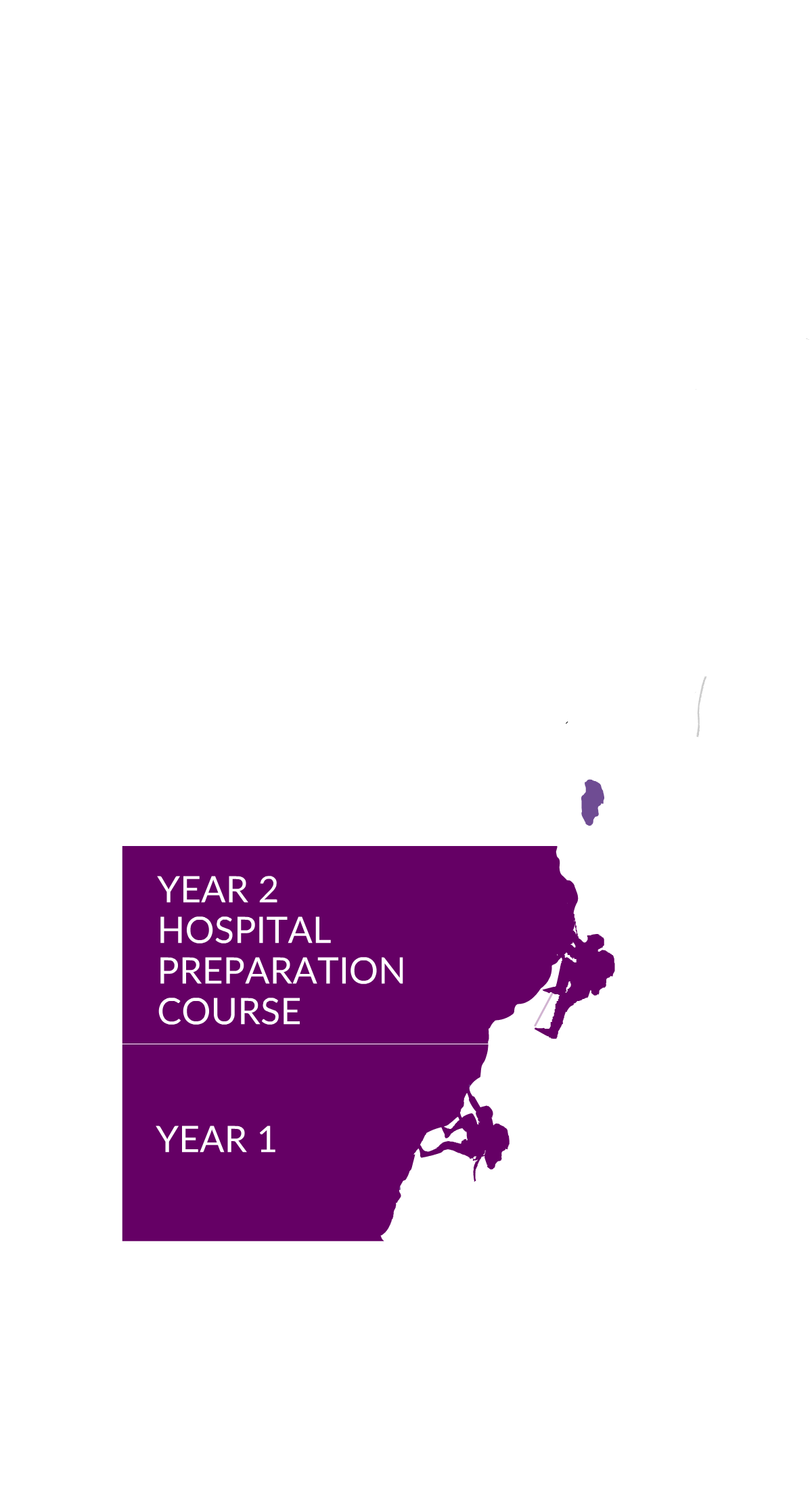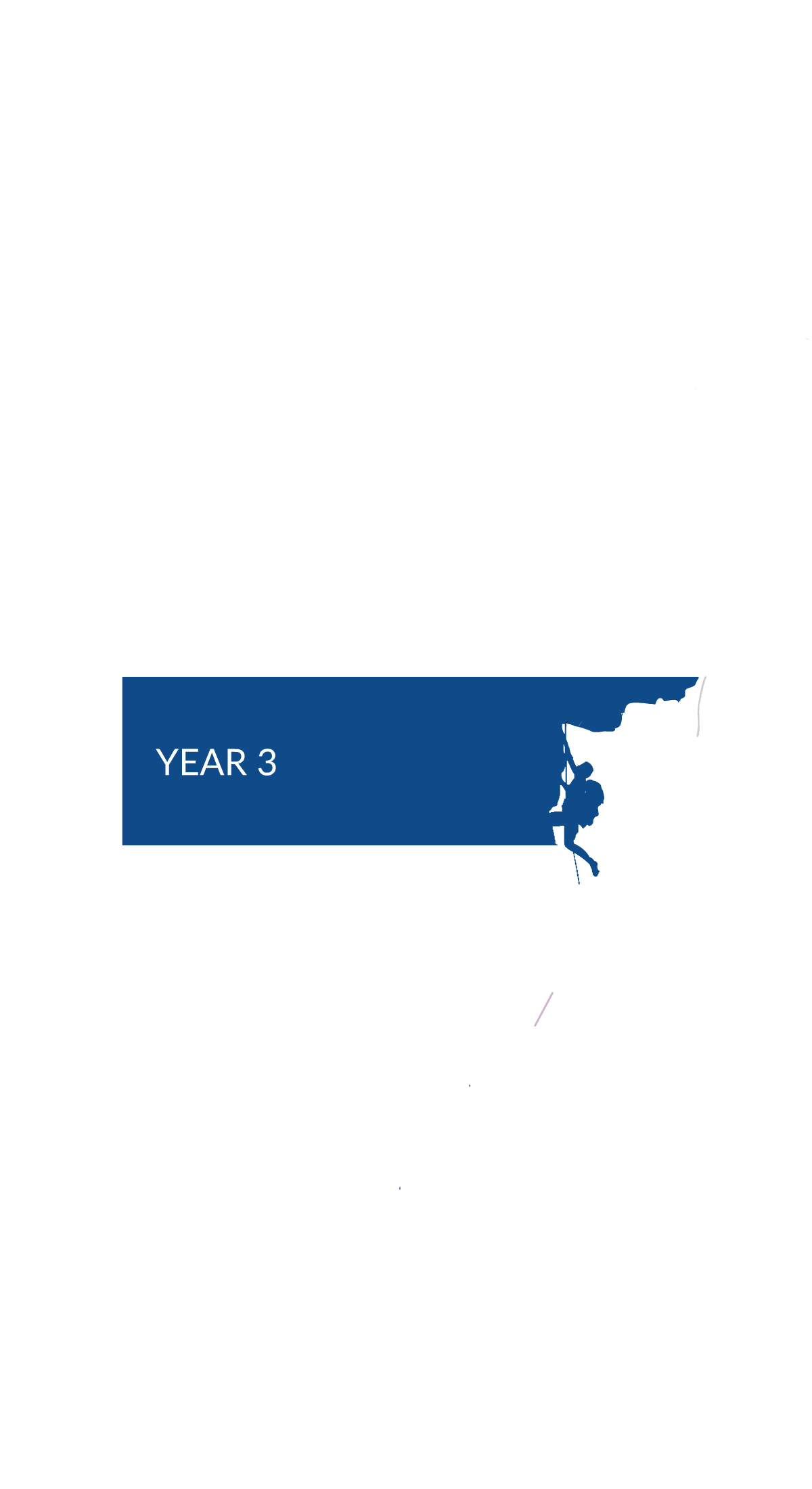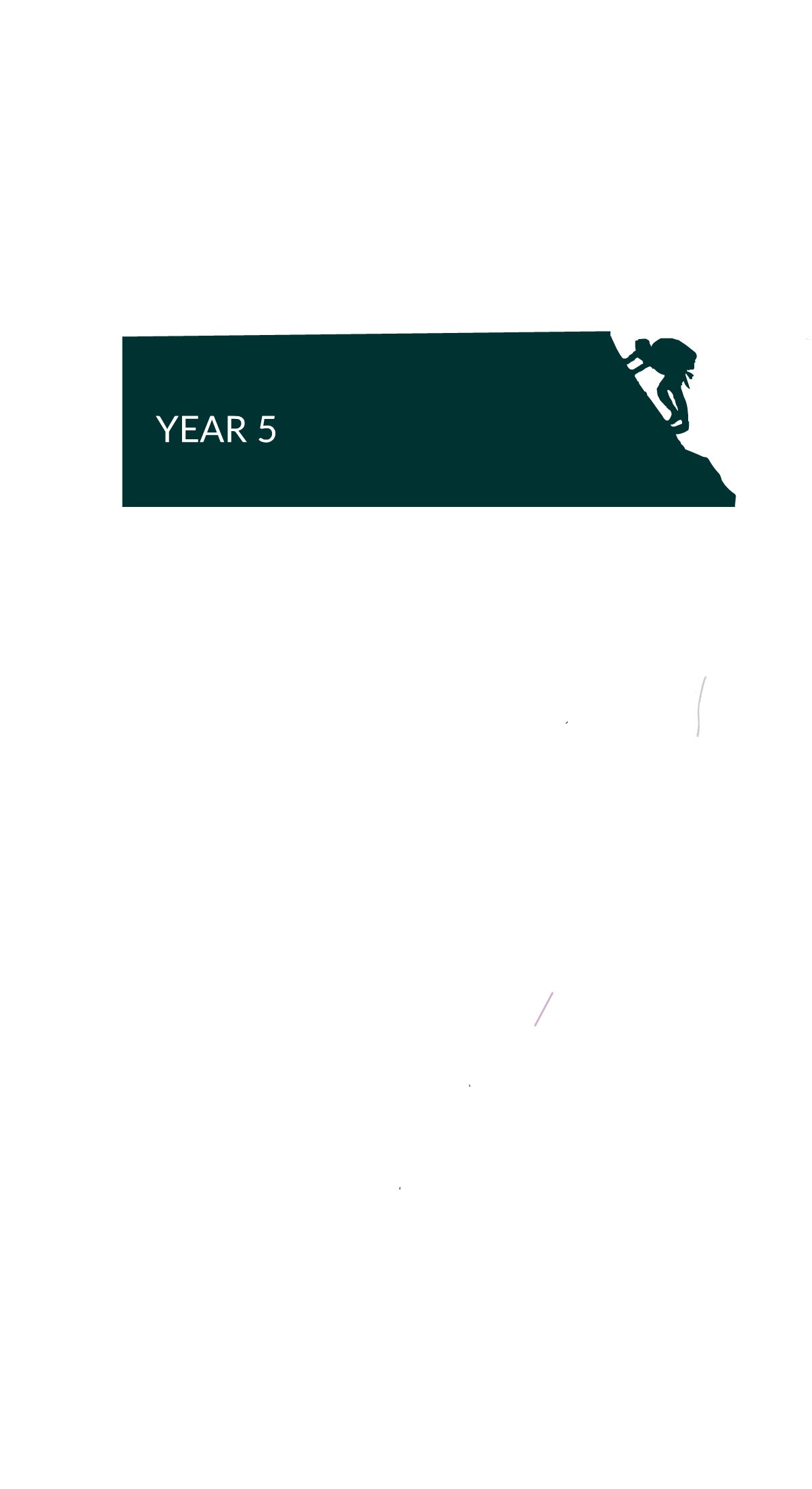STUDENTS AT RGUC
University of Birmingham medical students
We have provided clinical placements to third, fourth and fifth year medical students from the University of Birmingham since 2005. Birmingham medical students on placement with us will be undertaking the MBChB in Medicine and Surgery.

First and Second Year
Hospital Preparation Course

Every summer, we offer second year medical students the opportunity to spend two days familiarising themselves with Russells Hall Hospital and its surroundings, prior to commencing their third year placement.
Students are introduced to their allocated third year firms, which provides an opportunity to meet other members of the same group. We also provide access to the RGUC online learning platform, allowing students to view their teaching timetables and watch the eLearning resources.
We prepare a comprehensive programme aimed at helping students to get a feel of real hospital working life. This preparatory experience is designed to orientate students to the undergraduate department, as well as increasing their exposure to the clinical environment.
The course includes a brief introduction to the undergraduate team and information of what it is like to work in a hospital environment.
There are supervised tours of the hospital site and various departments. Students are encouraged to shadow junior doctors on the wards, allowing them their first opportunity to interact with patients.
Students also undertake supervised practical sessions on airway management, simulation and clinical equipment. For example, laparoscopic simulators, blood pressure machines, ophthalmoscopes, auroscopes, tendon hammers and tuning forks.
We end the course with a fun quiz, which has proven to be a great way for students to consolidate what they have learned and reflect on their experience over the two days.
Feedback for the preparation course has been rated as 4 or 5, (5 being the highest score) and the comments on the whole have been good and very positive.
Third Year Students

The third year programme is a broad based training programme for students in general medicine and surgical specialities, where they have the opportunity to learn history taking and diagnostic skills.
Semester One
The first four weeks of semester one provides students with an introductory period, during which they are on placement from Monday to Friday. During this time, the students’ mandatory basic teaching sessions are prioritised. These range from clinical skills and resuscitation to introductory lectures.
From week five, students are on placement Monday to Thursday, and their electronic timetables feature speciality teaching sessions and weekly bedside teaching from firm tutors and teachers.
In addition to this, the medical school’s Interactive Studies Unit visits the hospital and facilitates small group communication sessions over a two day period. These sessions assess and improve students’ communication skills in varying clinical situations whilst on placement.
Semester Two
In semester two, mandatory teaching is delivered adjacent to other scheduled teaching sessions, to minimise the impact on students’ progress at the beginning of their placement.
Students are individually timetabled to attend an ophthalmology clinic where they are given the opportunity to complete specific ophthalmic clinical skills. January is a very busy month for students, as not only are they required to complete their mandatory teaching, but they are also required to undertake their long case assessments with tutors and teachers within their first few weeks of placement.
Examples of timetabled activities are:
- Case Presentations - All students from one firm every week present a case. The winners go forward to the Ron Grimley Awards.
- 'Nurse for the Day’ - Each student will complete a full day nursing shift on the ward which exposes them to Interprofessional education.
- 'Radiology Experience’ - Small groups of students visit the X-ray department to gain additional experience in angiography, vascular ultrasound and nuclear medicine.
Fourth Year Students

This 10 week block is divided into two 5 week rotations. Each rotation consists of the following :
Speciality Medicine A
- Oncology
- Haematology
- Renal
Speciality Medicine B
- Rheumatology
- GUM
- Ophthalmology
- Dermatology
This is a 5 week block in which the students cover the largely surgical specialties of :
- Anaesthetics and Peri-operative care
- Ear, Nose and Throat (ENT)
- Urology
- GI
- Breast
Timetables
We give students the autonomy to plan their own timetable in order to achieve the required learning outcomes. Throughout each 5 week rotation students will be offered :
- Appropriate training to ensure the required skills are taught, as per the clinical procedural skills passport
- Learning opportunities handbook detailing clinics, theatre lists and wards available to attend along with contact details
- Regular meetings with a senior academy tutor
- Bedside teaching sessions
- Guidance on where to achieve all the required observed practice
- Consolidation weeks to revisit a speciality of interest for further study (SPM)
- Sign up for Clinical Skills
- Attendance at interprofessional education simulation sessions, workshops & study days
- Learning opportunities at Guest Hospital and Corbett Hospital
- Regular student meetings
Selected Career Experience
This three week ‘career experience’ in July provides the opportunity for students to shadow medical staff from a specialty of interest, increasing their exposure to the clinical environment and gaining further experience in an area of particular interest.
Fifth Year Students

Year 5 Assistantship
The student assistantship is designed to allow students the opportunity to gain a fuller appreciation of the role of a foundation doctor, and to enable them to focus on areas of personal practice that require improvement. This is a four week placement, allowing approximately 30 students the opportunity to shadow a foundation year one doctor prior to becoming foundation year doctors themselves.
Obstetrics/Gynaecology and Paediatrics
Students are offered a four week placement on each of the two areas. The consultants provide a specialty timetable for the students at the beginning of the placement, designed to meet the curriculum outcomes. All students attend three ‘Academic In Days’ at the university at the start of the semester.
Fifth Year OSCE Examinations
To reflect and support the new curriculum, the OSCEs are held at Russells Hall Hospital over 2-3 days each February.
From July to February each year, approximately 52 students undertake their AIP placement. Throughout this placement students will rotate around clinical areas including;
- Two weeks in ICU
- Two weeks in ED
- One week in AMU
For each of the 16 scenarios in the Acutely Ill Patient curriculum, there is consultant-led teaching, a simulation session, and an online study guide. In the simulation, you are expected to lead at least one scenario and manage situations in small groups, with a debrief at the end of each session.
In addition to learning about clinical management, students are taught to use communication tools such as "Situation, Background, Assessment, Recommendation" (SBAR), the role of Human Factors, and how to engage in constructive debriefing using the advocacy-inquiry technique. The module lead is Dr. Nicola Calthorpe, who has organised and developed the educational programme for the new curriculum.

